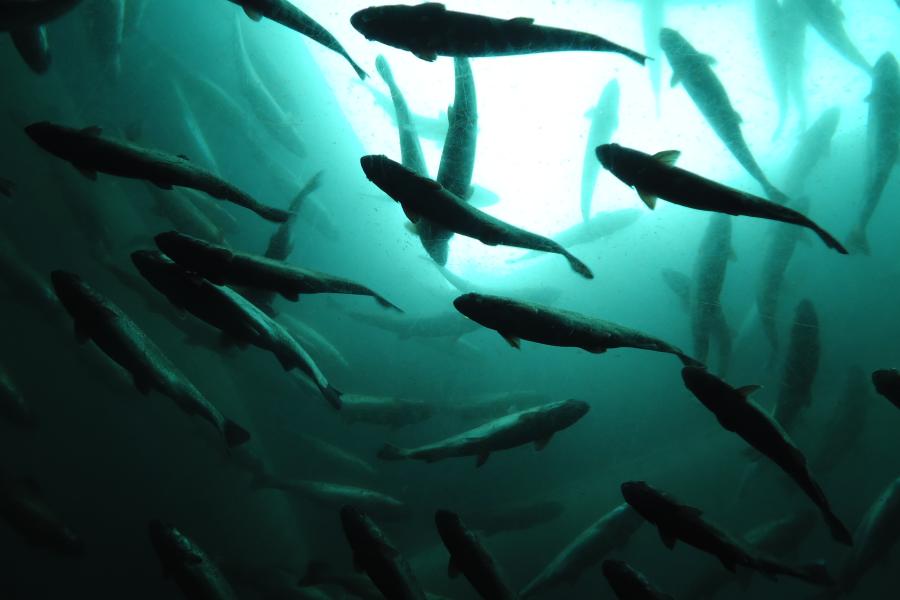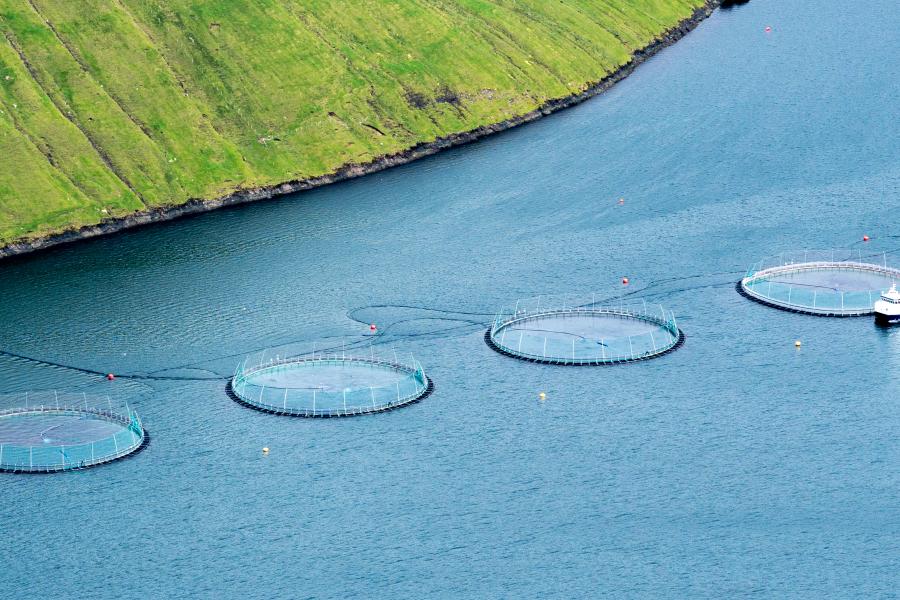Photoperiod manipulation is routinely used in aquaculture to control life history events and ensure maximal growth, where light is often provided 24 hours per day. However, there is limited information available concerning how this may impact fish immune competence and disease resistance. In human and animal models, there is growing evidence that disruption of circadian rhythms can have negative impacts on health and immune responsiveness. For the sustainable scaling up of recirculating aquaculture systems (RAS) for salmon and other finfish farming, the establishment of photoperiod regimes that maintain both productivity and fish health and welfare are critical.
In partnership with Scottish salmon producers, and in collaboration with Aberdeen and Aberystwyth Universities, we are combining experimental and functional genomic approaches with industry-relevant pathology and welfare measures to address how early-life photoperiods impact immune resilience in key salmon developmental stages. This project will: 1) examine immune and molecular clock transcriptional rhythmicity in freshwater Atlantic salmon under contrasting photoperiods and pathogen challenges, 2) assess the impact of photoperiod on the transition of freshwater salmon stages to seawater acclimated smolts, vaccination efficacy, and disease resistance during marine growth. Together, this will deliver a fundamental understanding of the importance of light environments on fish immunity, provide evidence for improved salmon rearing practices to promote circadian health, and lay the foundation for the development of chronotherapeutic approaches in aquaculture.


